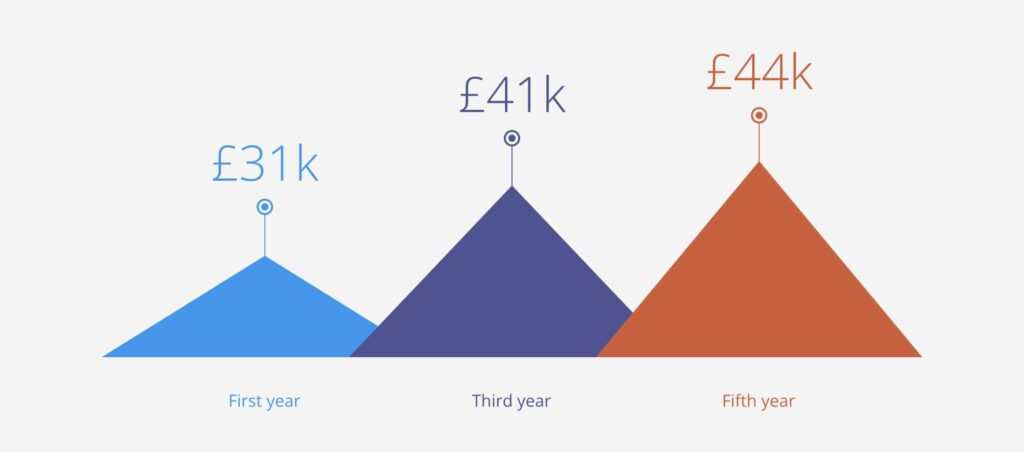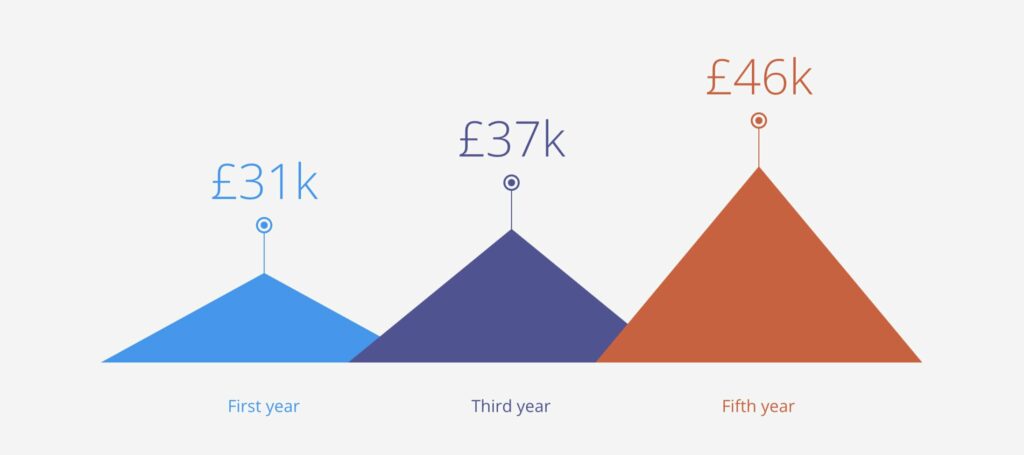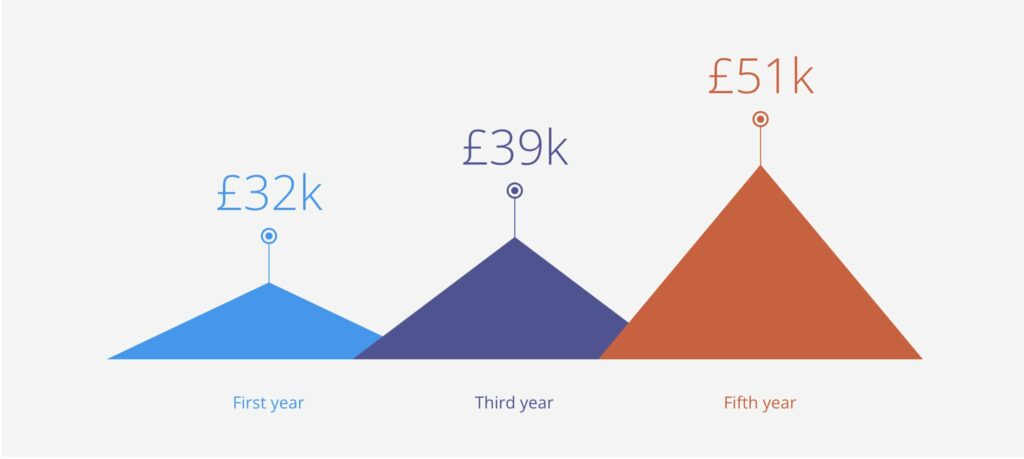When applying for Engineering at a top university, there are several factors to consider.
One of those being the route of Oxbridge or Non-Oxbridge.
But what is the difference between the Engineering degrees at Oxbridge and non-Oxbridge universities?
Oxbridge Specific Information
The most crucial difference between Oxbridge and non-Oxbridge universities is the deadline to get your application submitted.
For Oxbridge, you have to submit your application by 6 pm on the 15th October. If you are applying to any other university, you will be able to apply as late as January.
This is important to keep in mind if you are applying for Oxbridge and non-Oxbridge Engineering courses, as your application will have to be submitted by the October deadline.
In addition to this, many may find it surprising Oxbridge terms are shorter than other UK universities. You will attend classes eight weeks at a time as opposed to 10 to 14 like other UK universities.
This means your studies will be incredibly intensive and full-on for shorter periods of time. If you are the type of student who works better under pressure and are well organised, this might be a teaching structure you will flourish under.
Early preparation is the key to a successful Oxbridge application.
Writing the perfect Personal Statement, scoring highly on the ENGAA or PAT and interviewing like a pro is how you get your dream Oxbridge Engineering offer.
Discover our Engineering Programme for comprehensive admissions support by clicking the button below to enrol and triple your chances of success.
The ENGAA And The PAT
Anyone wishing to apply for Oxford and Cambridge must contend with an Admissions Test as part of their application.
Candidates applying to Oxford will have to sit the Physics Aptitude Test (PAT).
The PAT is designed for applicants who have studied the first year of A-Level Mathematics and Physics and covers similar material to that of the GCSE and A-Level syllabus.
At Cambridge, applicants have to sit the Engineering Admission Assessment (ENGAA).
The ENGAA also covers Mathematics and Physics, and the purpose is to determine a candidate’s potential to achieve in an academically demanding course.
Questions draw upon a candidate’s ability to use and apply their scientific and mathematical knowledge. It is designed to be challenging in order to differentiate effectively between applicants.
An interesting difference between the PAT and the ENGAA is that the former allows calculators whereas the latter does not.
The only other universities in the UK that require an Admissions Test for Engineering are the University of Edinburgh and Liverpool John Moores University.
Oxbridge Engineering You Cannot Specialise From The Offset
A significant difference between Oxbridge and non-Oxbridge is that you do not specialise from the offset of your degree at the former.
At Oxbridge, the first two years are dedicated to providing a broad Engineering education and then in the third- and fourth-years, students select modules to specialise their course.
Looking at the three universities that make up the top five of the Times Higher Education Engineering rankings along with Oxbridge – Imperial College London, University College London, and University of Manchester – we can see this difference.
UCL alone offers 23 degree undergraduate Engineering programmes, as opposed to Oxford and Cambridge, each offering one general Engineering course with the scope of specialising later on.
Students wanting to apply for Engineering but feel like they may not have the requirements for the top universities can apply to the University of Manchester.
The university offers a BEng and MEng with an integrated foundation year for anyone who does not have the appropriate subject background when applying. The entry requirements for this depend on the subjects being taken at A-Level, with offers of BBC given to students who have three relevant subjects – subjects considered relevant are Mathematics, Further Mathematics, Physics, Chemistry, Design Technology and Engineering.
There is not much difference in the A-Level grade requirements from all five, Oxbridge as expected, is higher with A*A*A whilst the other three offer A*AA.
Future Prospects
A question on the mind of many when applying for university is what career prospects does it offer to them once they are a graduate.
This is an important consideration as it is the reason candidates are applying for university in the first place.
Plenty of the top jobs in the UK are taken by Oxbridge graduates. Around 62% of high-flyers in diplomatic service, 58% of those in the law, and 55% of those at the top of the civil service were educated there.



Despite this, it is essential to remember that an Oxbridge degree, whilst sounding impressive, does not guarantee you a job. If you choose to apply there, ignore media stereotypes and make sure you really know why you want to study there for the next three or four years.
If we compare statistics of graduates from Imperial College London‘s Mechanical Engineering MEng and Cambridge‘s general Engineering MEng we can see that there is not much of a difference in the earnings of the two.
The average salary six months after graduation for those that attended Cambridge is £28,500. In comparison, Imperial graduates make around £28,000.
Where the significant difference comes in is when graduates are entering their fifth year of work. The median earnings for Cambridge graduates is £44,000 whereas Imperial graduates tend to earn slightly higher with £46,000.
Although, Oxford graduates tend to earn slightly higher six months after graduating, averaging £30,000. In their fifth year of employment, their earnings are around £51,000.
Choosing Between Oxbridge and Non-Oxbridge
The points made above should help your form an opinion as to whether Oxbridge or non-Oxbridge is suited for you.
What an important takeaway should be is if you are considering Oxbridge you need to start preparing as soon as possible.
If you are still undecided as to which university you wish to apply for, do not rush into a decision and carefully consider your options and what has drawn you to them in the first place.
Worried about your Oxbridge chances? Our expert tutors are on hand to guide you to Oxbridge success.
Applying to Oxbridge is immensely competitive, and you must give yourself the best chance of success. We help you craft the perfect Personal Statement, achieve a highly competitive Admissions Test score and teach you how to Interview effectively – covering all areas of your Oxbridge application.
Discover our Oxbridge Engineering Premium Programme.

